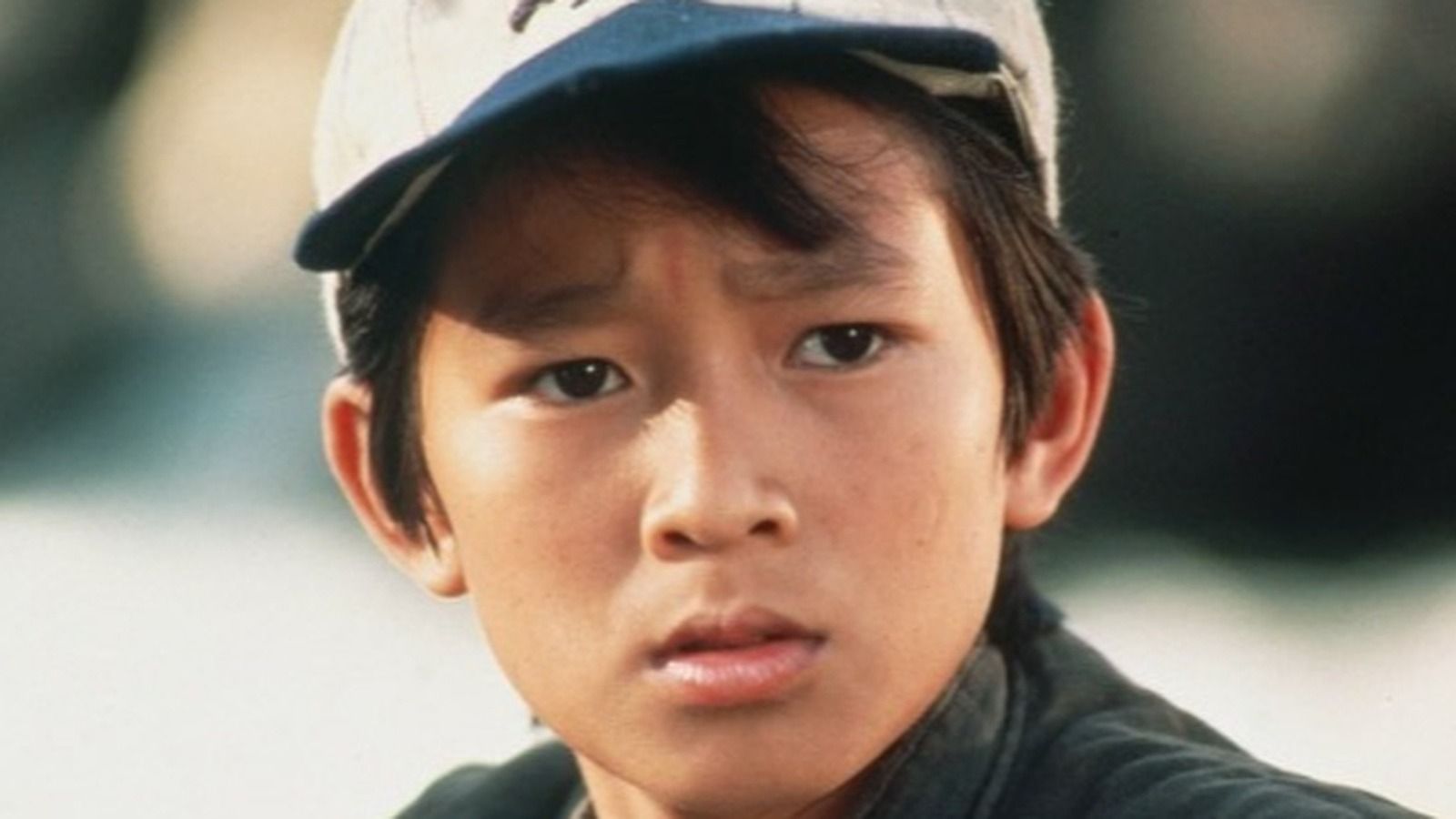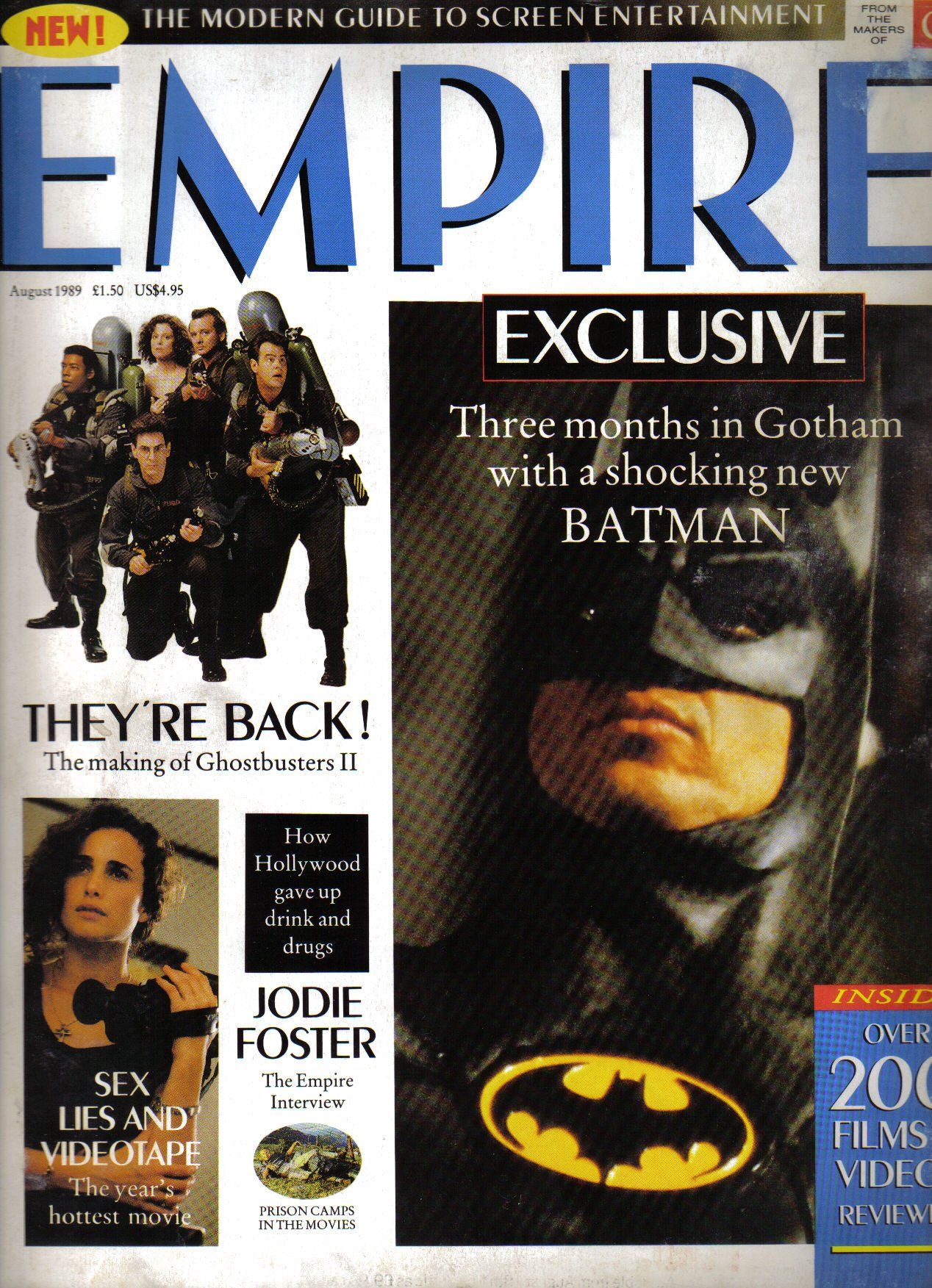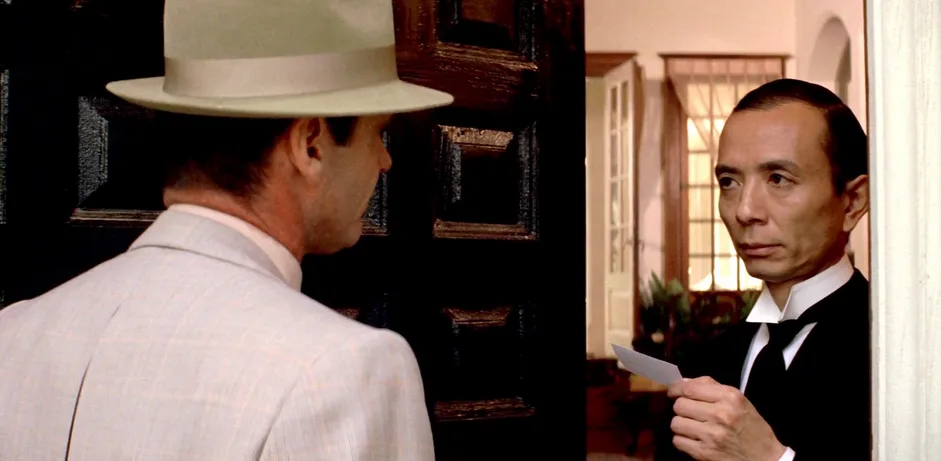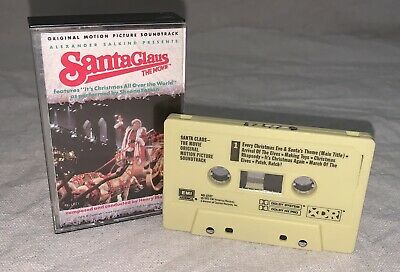THE RICKSHAW BOY - PART 1

If East and West ever had a chance of being harmonized culturally then it would have surely been in the 1980s when the entire world's youth appeared to be enamored with Hollywood.
And if a microcosm example of this casual social/cultural theory was needed for reference then I would cite my long standing friendship with The Rickshaw Boy.
I first saw the kid in the darkened living room of his grandmother's house, heavy, thick curtains drawn to block out the sun on a blazing hot August summer's day, watching a bootleg Hong Kong action movie (likely John Woo) his dad had brought back from a business trip. It was clear early on that here was someone who had an inherent sense of theatre.
The kid seemed truly engrossed by the spectacle blaring out in front of him as screaming figures attempted to high tail it from a burning factory somewhere in HK.
The contrast of the high octane/canto film playing in the idyllic setting of a small town in the Cotswolds was visceral and one I appreciated, especially as I'd also often gone to ridiculous lengths to watch films on bright sunny days without a crack of sunlight to interfere with the screen in front of me. This to me, conveyed a very real dedication to the art of film watching. Having recognised this kindred trait with this young HK/British kid from the outset, my instinctive feeling that I was in the presence of a cosmic brother was further vindicated when I noticed a dog eared copy of what was then a newly published film magazine called Empire, now 33 years old.
We must have been the only two people in the town who had bought a copy at the time from our local WHSmith, or at least that is what we thought in our mutual arrogance as rural cineastes. We would later evolve to the more cerebral Sight & Sound magazine when we became increasingly self-aware and pompous connoisseurs of film.

The year back then, however, was 1989 and it was a bumper crop season for Hollywood blockbusters, including Tim Burton's Batman, Spielberg's Last Crusade and various others. Along with Astrovision, our local video emporium of Hollywood dreams, there was a sense that California and Los Angeles were one and the same with Stroud in Gloucestershire. It was if the cinema that we watched from that time projected the actual reality all around us as we grew up. I was just as likely, for instance, to find E.T. in my garden shed as to stumble upon a dead body by a local river just as they did in Rob Reiner's Stand By Me, and the back alley of the Rickshaw Kid's family takeaway might also find Chow Yun-Fat lurking in the shadows, smoking quietly away before carrying out a hit.
Upon first meeting The Rickshaw Boy, who happened to resemble, (perhaps more in personality than in physical appearance) "Short Round" (Richard Wang) from Indiana Jones And The Temple Of Doom, I felt as if yet another Hollywood coincidence had been put before me, further blurring my inability to distinguish between reality and film fantasy. As far as I was concerned, this precocious, tech savvy kid could have stepped right out of a 1980's movie such as The Goonies or Back To The Future. His energy seemed completely syncronished with the brash materialism of that time, not forgetting the politically incorrect humour and fun that went with it as well.
If Eddie Murphy and Stephen Chow had conceived a love child together they may have well birthed The Rickshaw Boy.
Invited round that August day by his elder brother (another hugely significant figure in my life who I'd met a good while before Rickshaw and who more closely resembled actor James Hong from Chinatown) to enjoy a peanut butter and condensed milk sandwich in their kitchen, I could recognise the familar sound of Henry Mancini's score for Santa Claus: The Movie blaring on a cassette player. Who else, I thought, apart from me would have the audacity to play Christmas music in late summer? Then I remembered I'd lent the tape to the elder brother a year or so before. He explained his family played it often, sometimes even when they worked in their takeaway.

Clearly the soundtrack had made some kind of unique impression on them, probably explaining why it had not been returned in all that time since I first lent it out. Or perhaps, I wondered, it was really Rickshaw who loved it and coveted it, further adding to our roll call of shared cultural interests.
The theme of Christmas and music would continue to play a greater, far more significant role into our adult years, possibly to the detriment of our bond.
Looking back now, this was perhaps where the beginning of that greater feud began. I will expound further on this matter in a future chapter.
But far more important than the re-discovery of my beloved lost cassette was the slow dawning realisation that we three, all shared some tremendous affinities and felt truly at home with one another in our cultural exchange that was as effortless as the country air that we breathed.
It was as if we were family, which I believe we still are.
For better and for worse.
For like the endless dichtomy of East and West in the 21st Century, our friendship has epitomsed both the virtues and frailties of greater alignment.

To be continued ...